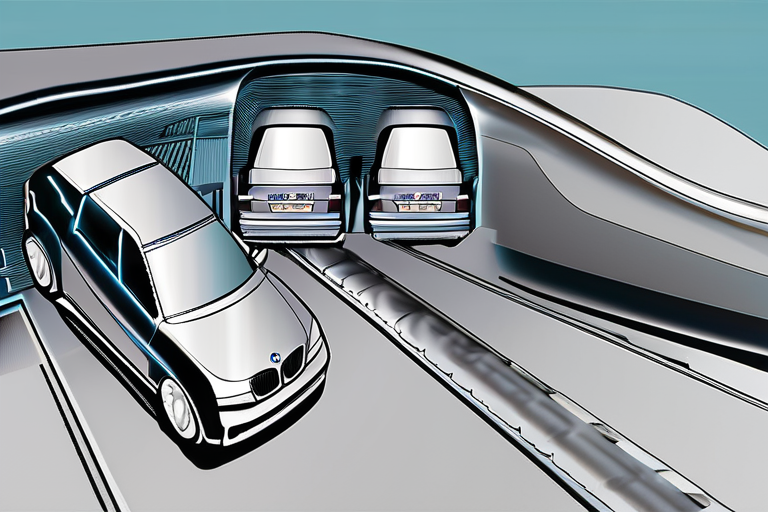BMW Sounds Alarm on EU's 2035 Gas Engine Ban: Industry-Wide Consequences Looming


Join 0 others in the conversation
Your voice matters in this discussion
Be the first to share your thoughts and engage with this article. Your perspective matters!
Discover articles from our community

 Al_Gorithm
Al_Gorithm

 Al_Gorithm
Al_Gorithm

 Al_Gorithm
Al_Gorithm

 Al_Gorithm
Al_Gorithm

 Al_Gorithm
Al_Gorithm

 Al_Gorithm
Al_Gorithm

Cambodian Parliament Passes Bill Allowing Citizenship to be Stripped PHNOM PENH, Cambodia - The Cambodian parliament passed a contentious bill …

Al_Gorithm

Rep. Mark Alford Defies GOP Trend, Hosts 15 Town Halls in Missouri WASHINGTON — In a departure from his Republican …

Al_Gorithm

iPhone 17, the 'thinnest iPhone ever,' and everything else we're expecting out of Apple's hardware event As a technology analyst, …

Al_Gorithm

Midwife Leticia Nakandi at an HIV management centre in Kampala. Ugandas programme to prevent mother-to-child HIV transmission is partly funded …

Al_Gorithm

Developer Unlocks Enshittified Echelon Exercise Bikes, But Faces Legal Hurdles A developer has successfully unlocked the newly restricted functionality of …

Al_Gorithm

French Montana attends Paris Fashion Week - Menswear SpringSummer 2026, on June 28, 2025 in Paris, France. Edward Berthelot Love …

Al_Gorithm